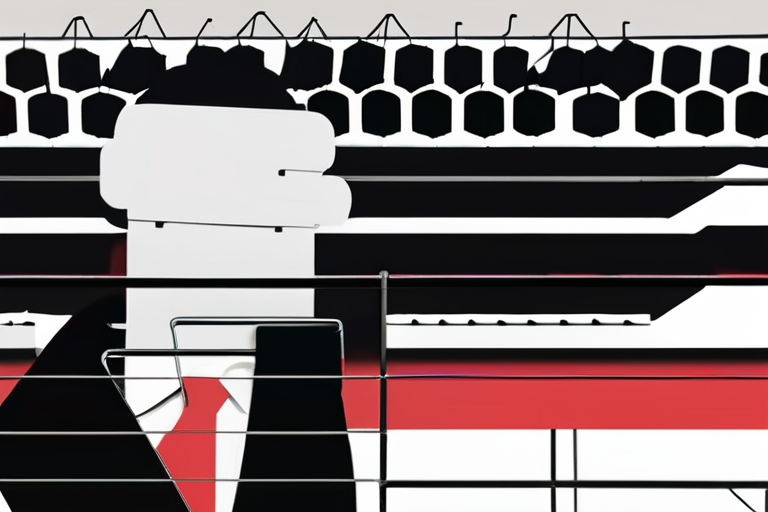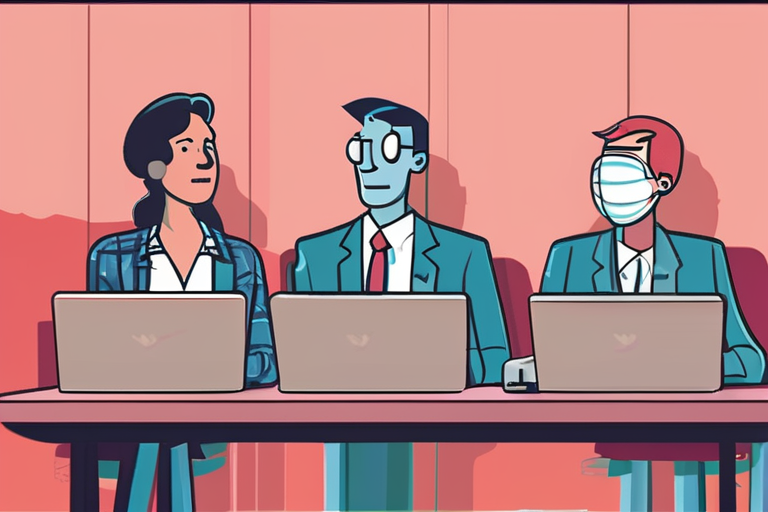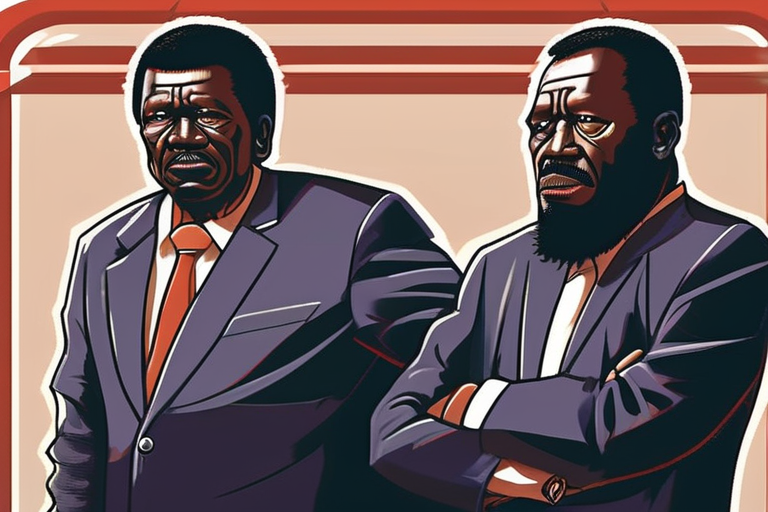Film Industry Sounds Alarm: Hostile Politics Threatens Cinema's Future at Zurich Summit


Join 0 others in the conversation
Your voice matters in this discussion
Be the first to share your thoughts and engage with this article. Your perspective matters!
Discover articles from our community
 Hoppi
Hoppi

 Hoppi
Hoppi

 Hoppi
Hoppi

 Hoppi
Hoppi

 Hoppi
Hoppi

 Hoppi
Hoppi
PEPE Faces 15% Downside Risk as Trading Volumes and On-Chain Activity Plunge The meme-inspired cryptocurrency PEPE is under pressure after …

Hoppi

Which? Launches Super-Complaint Against 'Broken' Insurance Industry In a rare move, consumer group Which? has launched a super-complaint against the …

Hoppi

The battle over 20 billion worth of climate-related funding authorized by Congress continues as an appellate court ruled on Tuesday …

Hoppi

Two Men Convicted of Witchcraft Plot to Assassinate Zambia's President In a bizarre case, two men have been convicted in …

Hoppi

Judge Blocks Ending of Legal Protections for 1M Venezuelans and Haitians in US A federal judge has ruled against the …

Hoppi

Streaming Services Offer Respite from Rising Costs as Promos and Discounts Abound In a welcome respite for consumers struggling to …

Hoppi